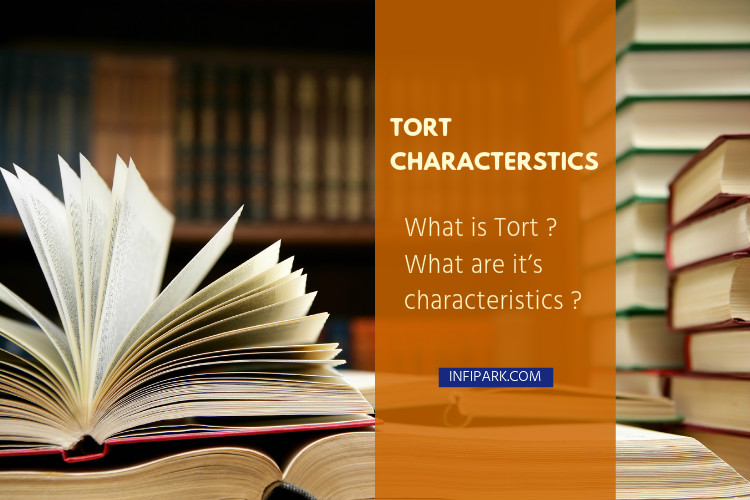The world of law is vast and complex, filled with specific terms for different kinds of wrongs. While we often hear about crimes or breaches of contract, there’s another crucial area known as Tort Law. But defining ‘Tort’ isn’t as straightforward as it might seem.
The Elusive Definition of Tort
The text rightly points out that finding a truly exhaustive definition of ‘Tort’ has been a challenge for legal scholars. Many eminent authors have tried, but a single, universally perfect definition remains elusive.
The word ‘Tort’ itself comes from the French word for ‘wrong’. Its roots are in the Latin term ‘tortum’, meaning ‘to twist’ or ‘wrongful’. This origin gives us a hint – a tort is essentially a twisted or wrongful act.
One widely accepted definition, adopted in English law and even in Section 2(m) of the Indian Limitation Act (though slightly abbreviated there), comes from the renowned legal scholar Salmond:
“Tort is a civil wrong for which the remedy is a common law action for unliquidated damages, and which is not exclusively the breach of a contract or breach of a trust or other merely equitable obligations.”
Let’s break down the key aspects of this definition and the characteristics highlighted in the text.
Key Characteristics of a Tort
Based on Salmond’s definition and the provided text, we can identify five important characteristics that help us understand what constitutes a Tort:
- Civil Wrong: Unlike criminal law (where the wrong is against the state), a tort is a civil wrong. This means it’s a wrong committed against an individual or a group of individuals, and the legal action is usually brought by the injured party themselves, not the state. It is distinct from other civil wrongs like a breach of contract or a breach of trust.
- Infringement of a Right in Rem: A tort involves the violation of a right in rem. A right in rem is a right available against the whole world, not just against a specific person (which would be a right in personam, typical in contract law). For example, everyone has a right not to be physically harmed (assaulted) or have false, damaging statements made about them (defamed). If someone violates these rights, they commit a tort, as these rights are held against everyone.
- Right Fixed by Law: The right that is infringed in a tort is one that is already established or fixed by the general law, not a right created by the specific agreement or consent of the parties involved (as in a contract). Tortious duties are imposed by law, not voluntarily assumed by agreement.
- Common Law Action: The traditional remedy for a tort is a Common Law action. This historical term refers to the remedies developed by the courts of common law in England. While the legal systems have evolved, the principle remains that the action taken for a tort is typically a standard legal proceeding available to anyone whose legally recognized right has been violated. This is also actionable in India.
- Remedy (Primarily Damages): The primary remedy for a tort is the award of damages or monetary compensation. Crucially, these are usually unliquidated damages, meaning the exact amount of compensation is not predetermined but is fixed by the court based on the extent of the harm suffered. However, other remedies can also be available depending on the nature of the tort, such as:
- Injunction: A court order requiring someone to do or stop doing something.
- Restitution of land: Returning land to its rightful owner.
- Ejectment of trespasser: Legally removing someone who is unlawfully on property.
- Injunction: A court order requiring someone to do or stop doing something.
In Conclusion
While pinning down a single, all-encompassing definition of Tort remains challenging, understanding its origins, key characteristics as a civil wrong, the violation of rights in rem, its basis in law rather than consent, and its typical remedies, provides a solid foundation for grasping this vital area of law. It deals with those everyday wrongs that cause harm, for which the law provides a pathway to compensation and justice outside of contractual agreements or criminal proceedings.








